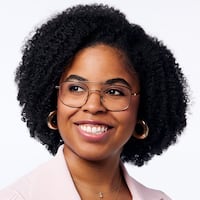Undergoing surgery could increase risk of stroke among older adults, according to a new report.
» RELATED: This type of diet could help you avoid strokes, heart attacks, study says
Researchers from McMaster University in Canada recently conducted a study, published in The Lancet journal, to explore the association between surgery and the "silent" or covert stroke. Unlike an overt stroke, a covert stroke is not obvious except on brain scans.
For the assessment, the team examined more than 1,100 patients aged 65 and older across North and South America, Europe, and Asia. All the participants had an MRI within nine days of a major surgery, and they were subsequently followed for one year.
After analyzing the results, they found “silent” strokes were more common among older adults who had elective, non-cardiac surgery. People who had a “silent” stroke after surgery were also more likely to experience cognitive decline or an overt stroke within a year.
"One in 14 people over age 65 who had elective, non-cardiac surgery had a silent stroke, suggesting that as many as three million people in this age category globally suffer a covert stroke after surgery each year," the team wrote in a statement.
The scientists acknowledged the benefits of surgery but also said they need to better understand the risks. While they do not fully understand why there is a connection between surgery and the “silent” stroke, they now hope to continue their investigations.
The researchers said their results “are important and represent a meaningful discovery that will facilitate tackling the issue of cognitive decline after surgery.”
» RELATED: Eat this meat twice a week to avoid heart attacks and strokes
About the Author
Keep Reading
The Latest
Featured


